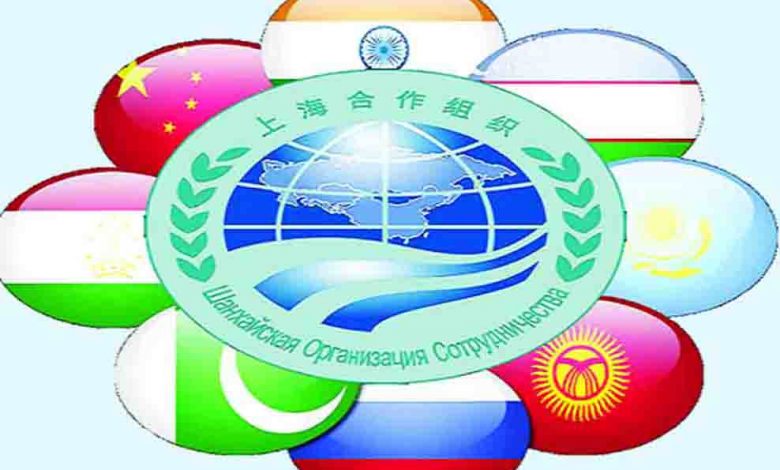Moot point

Tuesday, 07 September 2021 | Pioneer
India would get a peek into the psyche of Pak, China, Russia on Afghanistan at the SCO meet
India will get a fair measure of the inner thinking on Afghan affairs of Pakistan, China and Russia during the September 16-17 Dushanbe meeting of the Shanghai Cooperation Organisation (SCO). That should help New Delhi formulate its thoughts on dealing with them as well as the Taliban. India may have been the only one without formal communications with the Taliban when the latter came to power on August 15, but since then the Afghan group has not missed an opportunity to reassure India on the terrorism front. They initiated a formal meeting with India in Doha, sending over a fairly senior representative. India now needs to assess the strategies of China and Pakistan, which are already in a boastful mode of forging closer links with the Taliban. The non-American troika of Russia, China and Pakistan will be cautious, even wary, of seeing India involved in Afghanistan. That is why their presence at the SCO meeting is all the more crucial. For argument’s sake, if a Taliban government can convince New Delhi of its sincerity to guarantee India’s security and economic interests, it would obviate India’s need for a mediator with the Taliban. India is aware, and the Taliban is, too, that it carries more weight and credibility than Pakistan in the international community and has the backing of the United States. Where China is concerned, the country is not given to openly challenging India, despite the Ladakh standoff, relying instead on subtle manoeuvres in the UN Security Council like when it did not support an Indian statement on terrorism without naming the Taliban.
To that extent, even without any formal role to play in Afghanistan at present, India goes to Dushanbe not without some confidence. Unless there is a drastic change in its policy, China’s involvement in Afghanistan will not be as deep and exhaustive as the media claims. At no cost will it repeat the follies of the former USSR and the United States. It will be wondering how, in the absence of the US in Afghanistan, stability on the ground can be ensured for Chinese economic initiatives. It may think of more investments only after that. Of course, China has invested in countries with as much instability through its Belt and Road Initiative, but Afghanistan poses different problems. China would try to leverage financial aid and recognition as the incentives for restraining the Taliban. It will also nudge ally Pakistan to mentor the Taliban to see that the hunger for power among the various factions does not end up in an internal conflict. It would also want Pakistan to lean on the Taliban to rein in the
terrorist groups sheltered in Pakistan. The question before Pakistan is whether the all-powerful Taliban will heed its demands or act independently, like how it appears to have hedged its bets by holding talks with India. Another worry is that the world will always hold it responsible for continued instability in Afghanistan.






